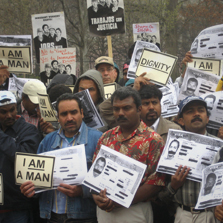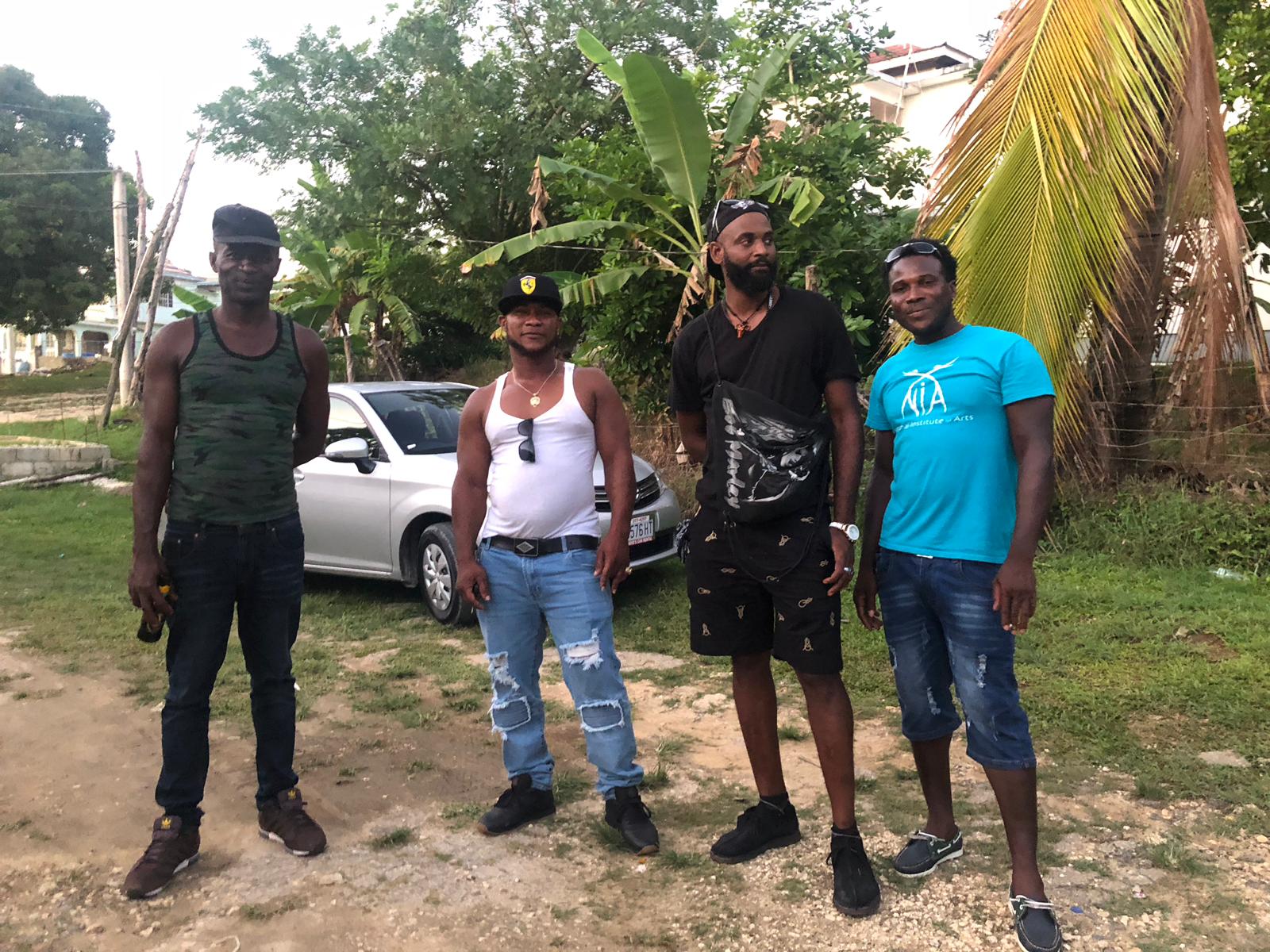Human Rights
Weir v. U.S.
The ĚŇ×ÓĘÓƵ filed a federal lawsuit in June 2019 against the United States and the head of the U.S. Coast Guard on behalf of four Jamaican fishermen, who were forcibly removed from their fishing boat and detained for over a month at sea on four U.S. Coast Guard ships in patently inhumane conditions.
Status: Ongoing
View Case
Learn About Human Rights
All Cases
26 Human Rights Cases

Colorado
Oct 2014
Human Rights
Women's Rights
Jessica Gonzales v. U.S.A.
In the first case brought by a survivor of domestic violence against the U.S. before an international human rights tribunal, the Inter-American Commission on Human Rights (IACHR) found that the United States violated the human rights of Jessica Lenahan (formerly Gonzales) and her children. The decision underscores that the U.S. is failing in its legal obligation to protect women and girls from domestic violence.
Explore case
Colorado
Oct 2014

Human Rights
Women's Rights
Jessica Gonzales v. U.S.A.
In the first case brought by a survivor of domestic violence against the U.S. before an international human rights tribunal, the Inter-American Commission on Human Rights (IACHR) found that the United States violated the human rights of Jessica Lenahan (formerly Gonzales) and her children. The decision underscores that the U.S. is failing in its legal obligation to protect women and girls from domestic violence.

Court Case
May 2013
Human Rights
David, et al. v. Signal International, LLC, et al.
Hundreds of workers trafficked to the U.S. from India to work in shipyards after Hurricane Katrina were lured here with dishonest assurances of becoming lawful permanent U.S. residents. In February 2015, the company responsible and its representatives were ordered to pay $14 million to five of the victims. It was the largest amount ever awarded by a jury in a labor trafficking case.
Explore case
Court Case
May 2013

Human Rights
David, et al. v. Signal International, LLC, et al.
Hundreds of workers trafficked to the U.S. from India to work in shipyards after Hurricane Katrina were lured here with dishonest assurances of becoming lawful permanent U.S. residents. In February 2015, the company responsible and its representatives were ordered to pay $14 million to five of the victims. It was the largest amount ever awarded by a jury in a labor trafficking case.

U.S. Supreme Court
Mar 2013
Human Rights
Adoptive Couple v. Baby Girl
Whether the Indian Child Welfare Act was properly applied under the facts of this case.
Explore case
U.S. Supreme Court
Mar 2013

Human Rights
Adoptive Couple v. Baby Girl
Whether the Indian Child Welfare Act was properly applied under the facts of this case.

Court Case
Mar 2013
Human Rights
EEOC v. Signal International, LLC
On April 20, 2011, the United States Equal Employment Opportunity Commission (EEOC) filed a lawsuit against Signal International, LLC for abusing hundreds of foreign guestworkers from India lured to work in the U.S. after Hurricane Katrina.
Explore case
Court Case
Mar 2013

Human Rights
EEOC v. Signal International, LLC
On April 20, 2011, the United States Equal Employment Opportunity Commission (EEOC) filed a lawsuit against Signal International, LLC for abusing hundreds of foreign guestworkers from India lured to work in the U.S. after Hurricane Katrina.

Court Case
Jul 2012
Human Rights
Case Profile - Petition Alleging Violations of the Human Rights of Undocumented Workers by the United States of America
In 2002, the Supreme Court decided Hoffman Plastic Compounds, Inc vs. NLRB, which found that an undocumented worker who was unlawfully fired for engaging in union organizing activities was not entitled to the back-pay that another "documented" worker would receive.
Explore case
Court Case
Jul 2012

Human Rights
Case Profile - Petition Alleging Violations of the Human Rights of Undocumented Workers by the United States of America
In 2002, the Supreme Court decided Hoffman Plastic Compounds, Inc vs. NLRB, which found that an undocumented worker who was unlawfully fired for engaging in union organizing activities was not entitled to the back-pay that another "documented" worker would receive.
